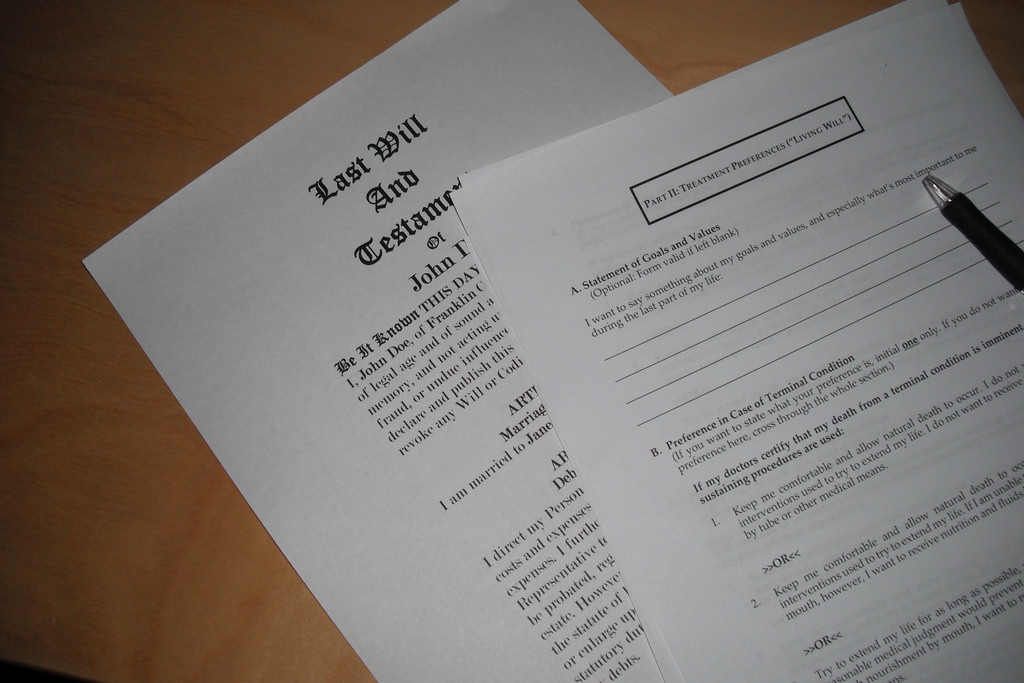North Carolina joins four other states in providing a path to ensure decedents’ assets are distributed according to their wishes upon death.[1] The North Carolina General Assembly recently enacted legislation amending statutes regarding estate administration by adding a procedure for “living probate.” This action is usually commenced by a testator – the author of a will – prior to his or her death where he or she anticipates a challenge to the will’s validity. The court can now declare a will is valid while the testator is alive, thereby preventing potentially more expensive litigation after the testator’s death, when he or she is unable to…
-
-
Six Things Every Lawyer Should Know When Drafting a Non-Compete Agreement in North Carolina
When advising clients and drafting employment contracts with non-compete clauses, there are several things every lawyer should keep in mind. The general rule is courts will enforce non-compete clauses to the extent they are reasonably necessary to protect legitimate business interests.[1] In North Carolina, they must be (1) in writing and (2) signed by the parties.[2] The following seven tips will strengthen a typical non-compete agreement and increase its likelihood of enforceability in a court of law: 1. Know Your State’s Disclosure Requirements Some, but not all, states require employers to disclose the existence of a non-compete clause…
-
Six Ways to Challenge a Will’s Validity
Wills must meet several basic requirements to be valid and enforceable under state law. If any of the below factors are at work, then a will’s validity may be challenged. (1) Undue Influence Undue influence exists when a person uses coercion to influence the testator (the person creating a will) into executing a will that does not accurately reflect the testator’s true wishes. There are several red flags to keep in mind if you are suspicious a loved one’s will is the product of undue influence. Unusual dispositions of property, sickness and vulnerability of the testator to undue influence,…
-
Prescriptive Easements and Claim of Right
If your neighbor’s driveway runs over your property, is it a permissible to dig a large ditch over the drive if the ditch impedes your neighbor’s access to their own land? Easements for neighboring properties are often necessary to access one’s own land, particularly in rural parts of the country. However, the law regarding one’s right to an easement can be complicated and difficult to navigate, especially if neighbors are at odds with one another. Several years ago, Jack Myers decided he wanted to use his property as a commercial paintball field, but Stanley and Ruby Clodfelter, did not…
-
Basic Ethics of Representing Clients with Diminished Capacity
Representing clients with diminished capacity can present a challenge for even the most experienced attorney, and every client and every matter is different. Minors of the same age may have vastly different maturity levels and clients suffering from dementia may have varying symptoms and abilities to recall information or make informed decisions. For example, a fourteen-year-old may not be able to legally enter into a contract, but he or she is likely capable of making decisions and expressing opinions regarding with which parent he or she would like to live. In scenarios involving memory loss, a client may exhibit mental impairment one day and be…


